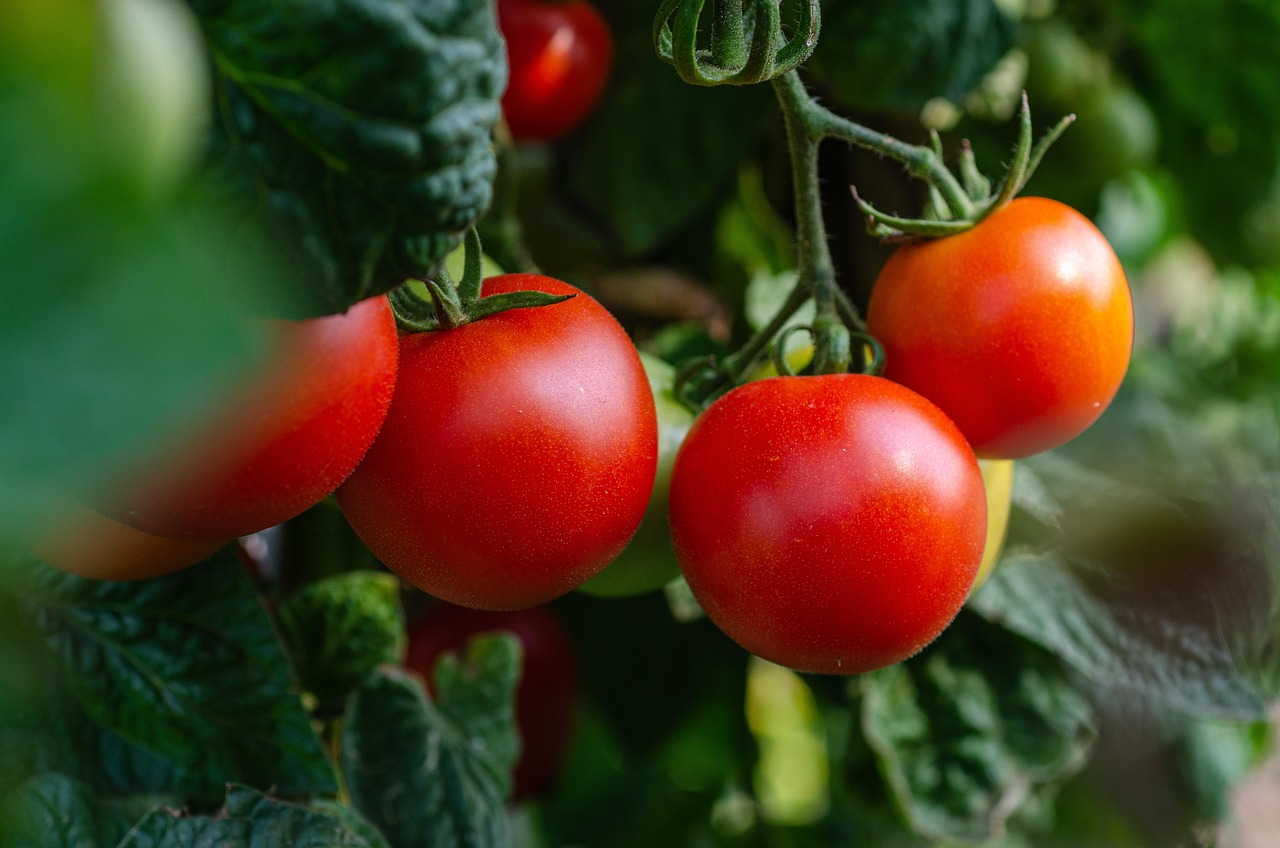“`html
In recent years, the concept of clean eating has gained significant traction among health enthusiasts, fitness aficionados, and individuals looking to improve their overall well-being. Clean eating revolves around the idea of consuming whole, unprocessed foods to nourish the body while avoiding artificial ingredients and added sugars. This holistic approach not only enhances physical health but also promotes mental clarity and emotional stability, making it an appealing lifestyle choice for many.
The Principles of Clean Eating
Understanding the foundational principles of clean eating is essential for anyone looking to adopt this lifestyle. Here are the core tenets:
whole Foods Focus
- Emphasis on fresh fruits and vegetables
- Inclusion of whole grains, such as quinoa and brown rice
- Lean proteins like chicken, fish, beans, and legumes
- Healthy fats from sources like avocados and nuts
Avoid Processed Foods
Processed foods often contain unhealthy additives and preservatives. To maintain a clean eating regimen, consider the following tips:
- Read ingredient labels meticulously; avoid anything with artificial ingredients.
- Limit or eliminate sugary snacks, sodas, and fast food options.
- Cook at home using fresh ingredients to control what goes into your meals.
Benefits of Clean Eating
Adopting a clean eating lifestyle comes with numerous health benefits that can significantly enhance one’s life quality.
Improved Physical Health
- Reduces the risk of chronic diseases such as diabetes and heart disease.
- Promotes healthy weight management.
- Increases energy levels and stamina for daily activities.
- Supports gastrointestinal health with a diet rich in fiber.
Mental and Emotional Well-Being
The impact of food on mental health is profound. Clean eating can lead to:
- Enhanced mood and reduced anxiety.
- Improved focus and cognitive function.
- Better sleep quality, leading to overall emotional stability.
How to Implement Clean Eating
Making the transition to clean eating can feel challenging at first; however, with a few actionable strategies, it can become a seamless part of your life.
Meal Planning and Preparation
- Plan your weekly meals on a Sunday evening.
- Create a shopping list based on your plans to ensure you have all the necessary ingredients.
- Prep meals in advance, such as cooking vegetables or proteins, to save time throughout the week.
Smart Snacking Choices
Swap out processed snacks for healthier options, such as:
- Fresh fruits like apples, bananas, and berries.
- Nuts and seeds, providing healthy fats and protein.
- Vegetable sticks with hummus or guacamole.
Common Misconceptions About Clean Eating
Despite its popularity, several misconceptions surround clean eating. Understanding these myths is crucial for effective practice.
Myth: Clean Eating is Expensive
While organic foods can be pricey, clean eating doesn’t have to break the bank. Here are some tips:
- Shop in bulk for grains and nuts to save money.
- Buy seasonal produce, which is often cheaper and fresher.
- Consider local farmers’ markets for fresh ingredients at lower prices.
Myth: Clean Eating is a Fad Diet
Clean eating is not just about weight loss; it’s a sustainable lifestyle choice focused on long-term health. Unlike fad diets, clean eating promotes:
- A balanced intake of nutrients
- Mindful food choices
- Durable healthy habits
Conclusion
Incorporating clean eating into your lifestyle is not merely a diet; it’s a commitment to nourishing your body with wholesome foods that benefit both your physical and mental health. By focusing on whole foods, avoiding processed ingredients, and implementing practical strategies for meal planning and preparation, you can embark on a journey towards improved wellness. Remember, clean eating is about making informed choices and enjoying the process of experimenting with nutritious foods. Start small, stay consistent, and watch how your body and mind transform for the better.
“`






